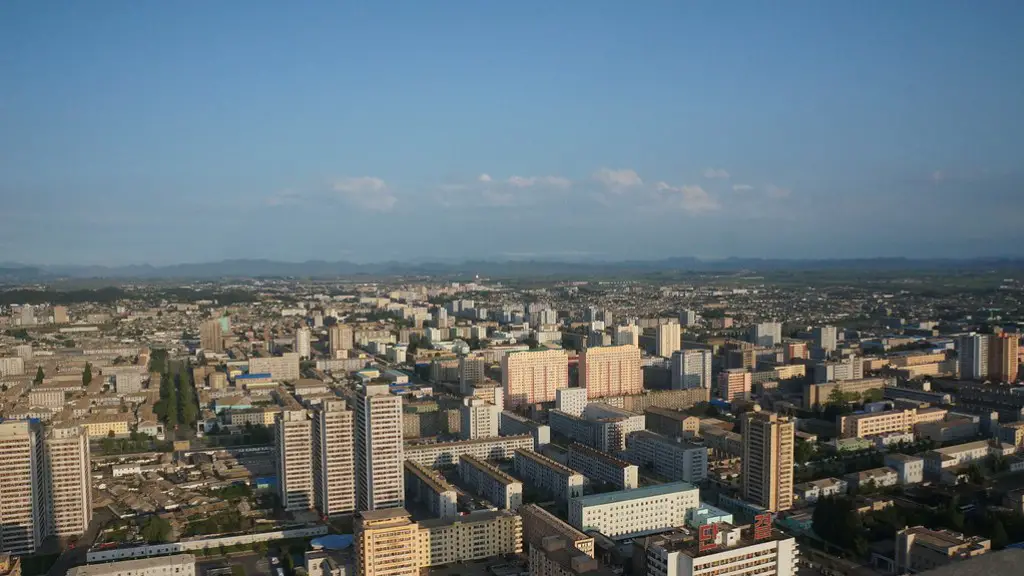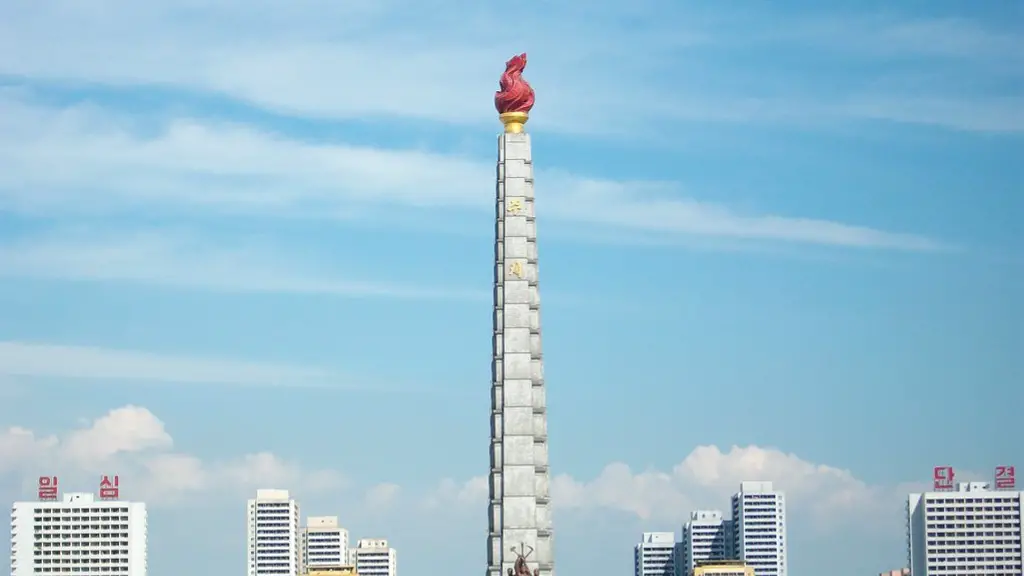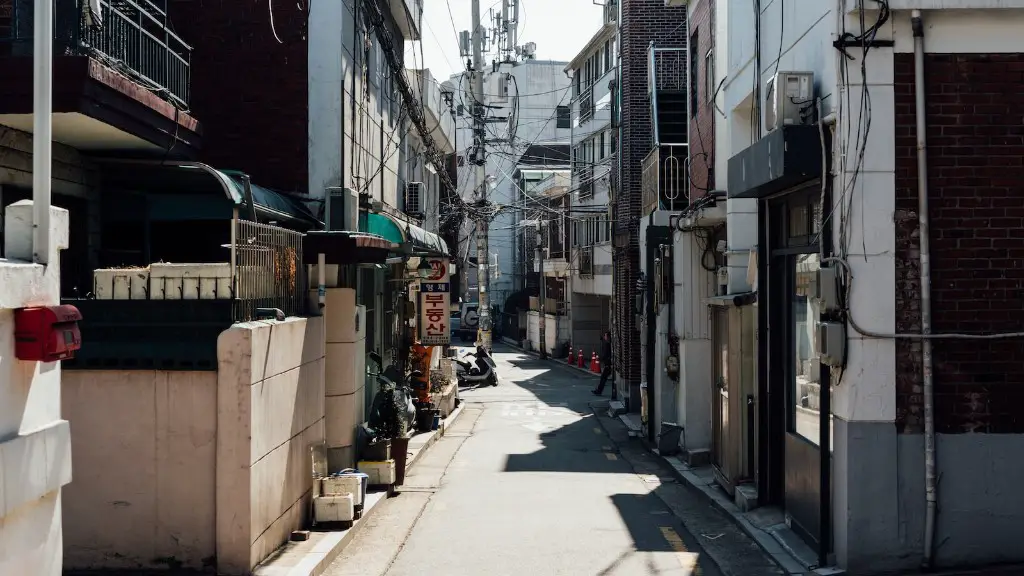Introduction
North Korea is a country in East Asia that has been a self-declared state since the end of World War II in 1945. It is a totalitarian state, with an authoritarian leadership and a long-standing commitment to an ideology of self-reliance called Juche. Over the years, the country has become increasingly isolated from the rest of the world, with a highly militarized border, rigid censorship of media, and a ruthless government.
Culture
North Korea is a distinct culture. The culture is heavily influenced by Confucianism, a set of beliefs that promote filial piety, respect for elders and ancestors, and moral values. This is reflected in the language, the food, the music, and the literature. While these aspects of the culture are unique, they are also markedly different from those in the West.
Politics
The political system of North Korea is a single-party system, with the Workers’ Party of Korea (WPK) as the ruling party. The WPK is a Marxist-Leninist organisation that has maintained power since its founding in 1945. Its leader is Kim Jong-un, the country’s third leader from the Kim dynasty.
Since the 1950s, the country has been engaged in a tense, hostile relationship with the United States. This has led to serious international tension and has resulted in numerous sanctions being placed on the country by the United Nations. North Korea has also developed nuclear weapons in recent years, leading to further international sanctions and concerns.
Economy
North Korea’s economy is marked by a state-controlled planned economy. This means that the government maintains tight control over trade and agriculture, and that private enterprise is extremely limited. As a result, North Korea has one of the lowest GDPs in the world and is one of the poorest countries in Asia.
The economy is highly dependent on international aid, particularly from neighbouring countries such as China and South Korea. These countries provide significant economic assistance, which helps the economy from collapsing completely.
Infrastructure
North Korea’s infrastructure is limited. The roads are not in good condition, and the rail network is heavily degraded. The electricity infrastructure is outdated and unreliable, leading to frequent power outages. Water infrastructure is also in a poor state, leading to a lack of access to clean water in many parts of the country.
Education
North Korea’s education system is highly centralized and geared towards ensuring loyalty to the state. It has a highly segregated system, with separate schools for the elite and the lower classes. All schools are heavily influenced by political ideology, with subjects such as the revolutionary history of Kim Il-sung and Kim Jong-il, and the works of Juche and Marxism being taught.
Health Care
North Korea’s health care system is in poor condition. The system is underfunded and has limited access to modern medical technology and treatments. The average life expectancy in the country is low, and malnutrition is common. However, the government has recently increased its investment in health care, and there are now some signs of improvement in the sector.
Religion
North Korea does not have freedom of religion. The government has declared that it is an atheist state, and religious practice is heavily restricted. Although some religious ceremonies are tolerated, such as the rites of ancestor worship, any form of religious dissent is suppressed. As a result, there is a lack of religious infrastructure in the country.
Conclusion
North Korea is a unique country with a distinct culture, political system, and economy. Its political system is authoritarian, with a high level of censorship and restriction on civil and political rights. Its economy is largely based on international aid, and its infrastructure and health care system are in a poor state. Religion is heavily restricted, with any form of dissent being suppressed.


